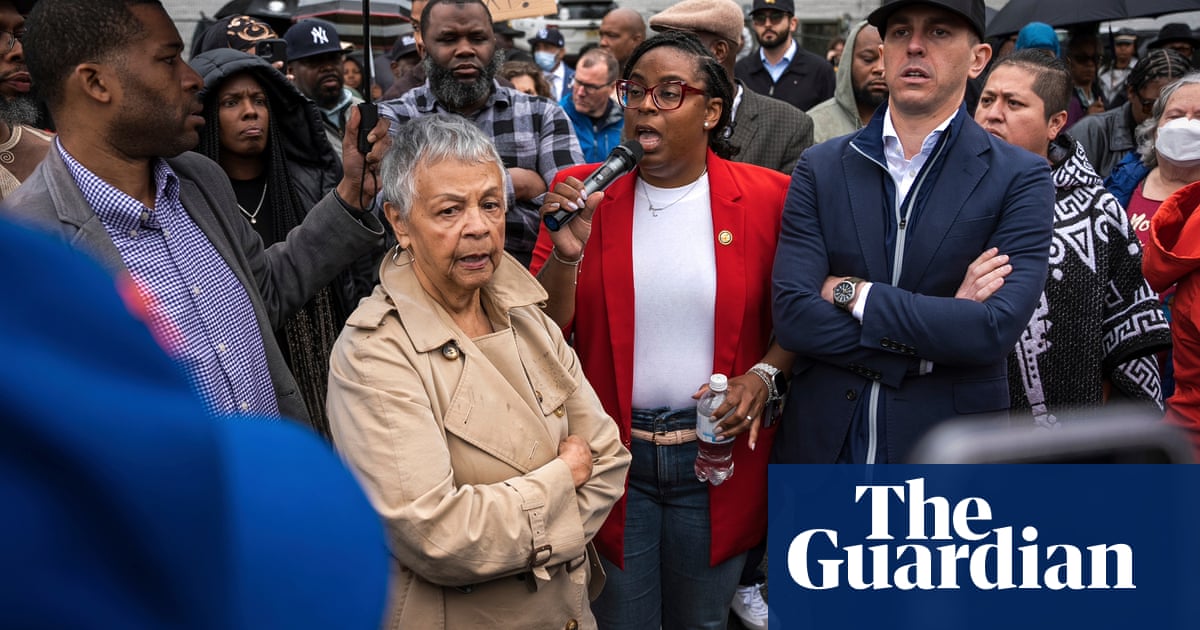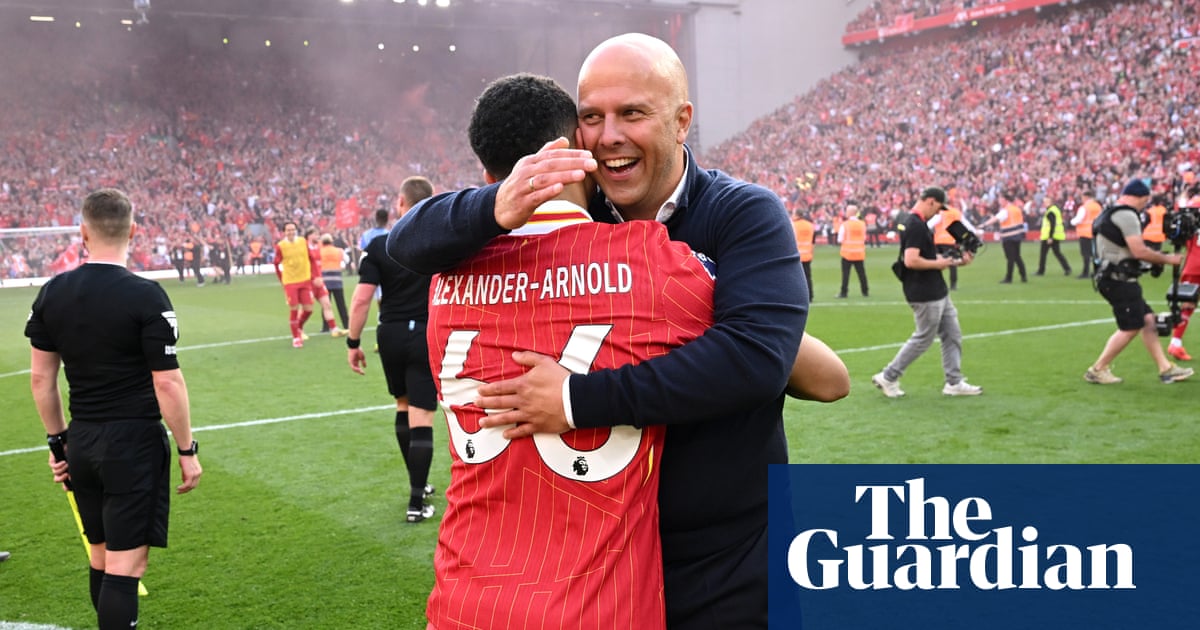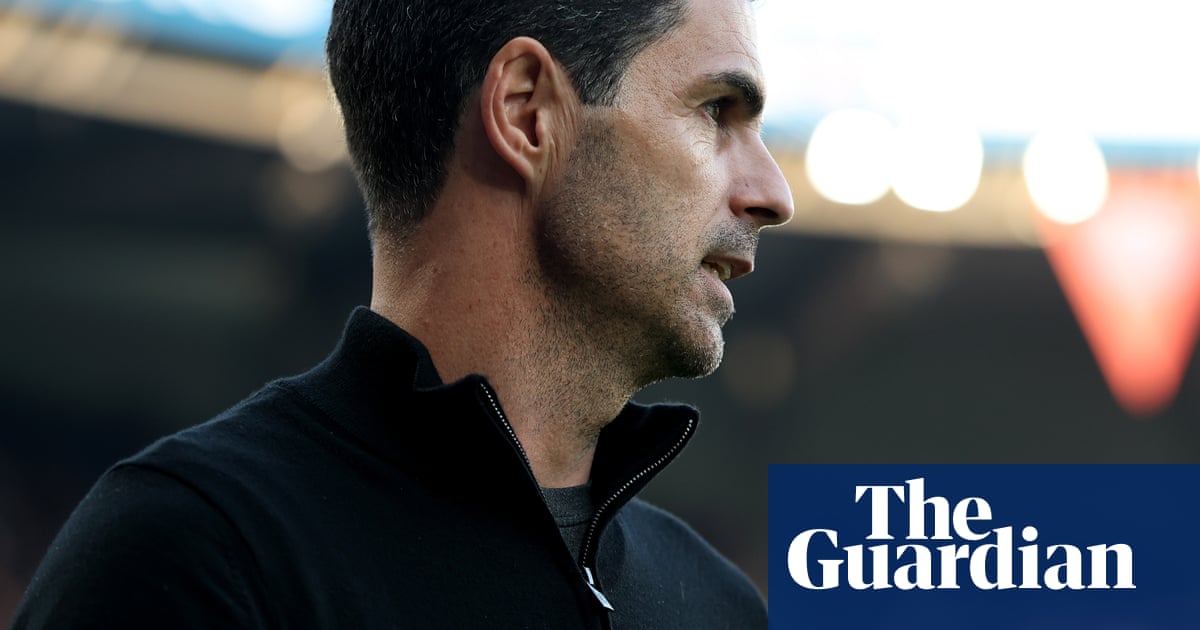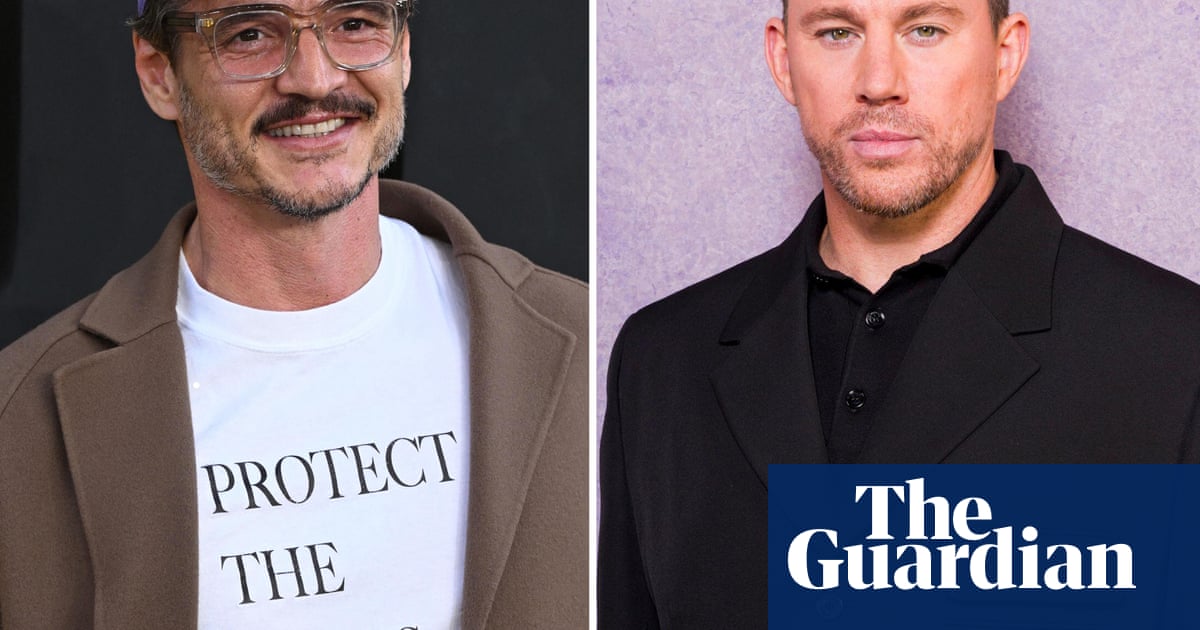Last year, I described being an author to my child’s third grade classroom as “doing homework and writing reports all the time”. I often write personal narrative, and it occurred to me that I am constantly researching and expounding on myself.
I might have felt self-conscious about this in my twenties or thirties, afraid of seeming narcissistic. But now, nearing 50, I don’t care – because, following an interest that grew into enthrallment, I’ve been reading the works of the psychologist Carl Jung.
“For a young person it is almost a sin, or at least a danger, to be too preoccupied with himself; but for the aging person it is a duty and necessity to devote serious attention to himself,” Jung wrote in his 1931 essay The Stages of Life.
This sounds like navel-gazing. But it’s important because in middle age, the life I thought I was living and the life I was actually living were suddenly incongruous. Since I turned 40, my reactions to life events have been surprising, and sometimes disturbing. The birth of my second child and the publication of my first book – both happy occasions – left me feeling empty, seeking external validation. Covid-19 isolation led me to substance use disorder, which jeopardized my health and family life.
My dismay at all of this made me take a hard look at myself.
Over the last five years I’ve committed to therapy, a 12-step sobriety program and other emotional work. I now have a much more honest understanding of who I am, what I have been through and the coping mechanisms I’ve used. I accept my flaws and feel more capable of being the person I want to be. While I’ve come a long way, it’s occasionally disheartening to be reminded that healing is a nonlinear, lifelong process that requires vigilance and continued effort.
You could call all this a “midlife crisis”, but I find Jung’s description much more accurate: an “inexorable inner process” that “enforces the contraction of life”. Turning inward and narrowing focus on to myself has given me clarity.
Jung believed that too many of us proceed through midlife holding fast to ways of being that no longer serve us. His metaphor for the course of our lives – the sun rising and setting – is so basic that it’s revelatory.
“We cannot live the afternoon of life according to the program of life’s morning; for what was great in the morning will be little at evening, and what in the morning was true will in evening have become a lie,” he writes.
More from Angela Garbes’ Halfway there:
-
No sex drive and a ‘tanking libido’: how I redefined intimacy in midlife
-
First my left knee, then my right: my middle-aged body’s betrayal
Dreams I held in youth – to be an artist, to be celebrated for my writing and ideas – have come true. Honestly, they have wildly exceeded my expectations. A younger version of myself would charge forward, seeking more success and recognition. But confronting difficult truths about myself has led me to a different place. Here, the life I have created is enough.
after newsletter promotion
One of the gifts of midlife is realistic self-evaluation, sans bravado and hyperactive self-criticism. It can turn even fundamental values and beliefs upside down. My immigrant parents told me that in order to be successful, I had to assimilate and make myself legible to white people. As a student, I excelled in written communication and was rewarded for it. Making money by formulating and expressing my ideas about culture and identity seemed almost too good to be true. Creativity, imagination and values are essential to my work, but being articulate, accessible and acceptable drove my work for years.
Recently I read the sociologist Bianca Mabute-Louie’s book Unassimilable: An Asian Diasporic Manifesto for the 21st Century, a personal and political examination of identity within the Asian diaspora. I related strongly to Mabute-Louie’s experiences as a woman navigating and succeeding in primarily white institutions. She also argues that assimilation and the identity marker “Asian American” are no longer politically viable or useful ideas – and this challenged me. I agree with Mabute-Louie, but I also realized that her ideas are more forward-thinking and relevant to this moment than mine.
This was destabilizing. I still love my work; writing is my vocation. But I also long to spend time with my friends, spouse and the children in my life. I want to take creative risks and leisurely pursue hobbies without the pressure of needing to be good: mend and sew poorly, semi-successfully grow vegetables and propagate houseplants, paint decent watercolor portraits.
It is nice to be listened to, but now I plan to make room for others, learn from them, and grow quietly into the next phase of my life. I don’t want to do what I see some from older generations doing: refusing to stand down, clinging feebly to power and old ideas.
“After having lavished its light upon the world, the sun withdraws its rays in order to illuminate itself,” Jung writes. “Instead of doing likewise, many old people prefer to be … applauders of the past or else eternal adolescents.” I shudder at the thought of holding on to what was. So I let go. The golden hour before sunset bathes us in gorgeous light, and I plan to luxuriate in this new view.

 3 months ago
50
3 months ago
50













































